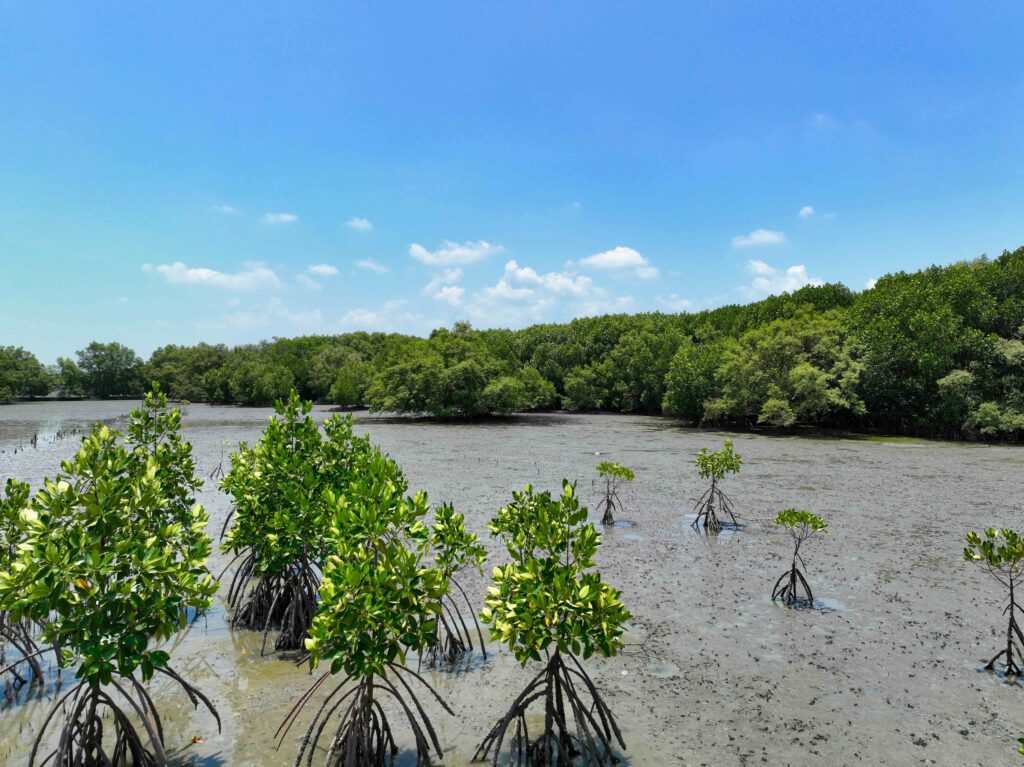Morocco has once again emerged as a leader in the Maghreb in matters of climate finance systems and regulation to support climate action, according to the “Climate Finance Readiness Index” report
The report, published recently by the Toronto and Casablanca-based consulting firm Green For South, highlighted that Morocco is, in its sub-region which also includes Algeria and Tunisia, the first to have adopted “appropriate regulations and guidelines (mostly voluntary at this stage), an interesting volume of climate finance activity (dealing with international funds and issuing green bonds) and effective awareness raising schemes.”
The report also highlighted Morocco’s efforts to improve its climate resilience, particularly in terms of mitigation, which requires significant investment, recalling in this regard the total cost of climate mitigation and adaptation actions included in the NDC (Nationally Determined Contribution) as published in June 2022. The amount is estimated at $78 billion, divided between mitigation measures ($38) and warning measures ($40 billion).
Tunisia also has appropriate regulation (on a voluntary basis), an interesting volume of climate finance activity, the report said, noting, however, that there has been no issuance of green bonds or “Sukuk” and awareness provisions are still limited.
As for Algeria, the report noted that the country “has no regulation in the financial sector to support climate action and that climate finance activity is still limited,” estimating that overall, the North African region is at an early stage of implementation of these actions.
For this firm specializing in sustainable finance, green and climate, Morocco and Tunisia are called to further strengthen their regulations and make them mandatory, and encourage green emissions and launch more awareness initiatives and training.
In the Middle East, Egypt is leading the way in making all ESG and climate risk regulations mandatory in the different financial sectors, namely banking, insurance, and capital markets, unlike countries like Jordan, Morocco, Tunisia, and Turkey that generally have voluntary reporting requirements.
The consulting Green for South firm, specializing in sustainable, green and climate finance, has evaluated in its Climate Finance Readiness Index report the regulations and measures taken by 14 countries in terms of climate finance. The assessment, covering 4 regions – North Africa, Middle East, Gulf and Turkey – takes into account the specificities of each territory and sets up appropriate criteria. With a score of 31.33%, the North African region shows promising results, with Morocco representing the most successful model.
Read original article



